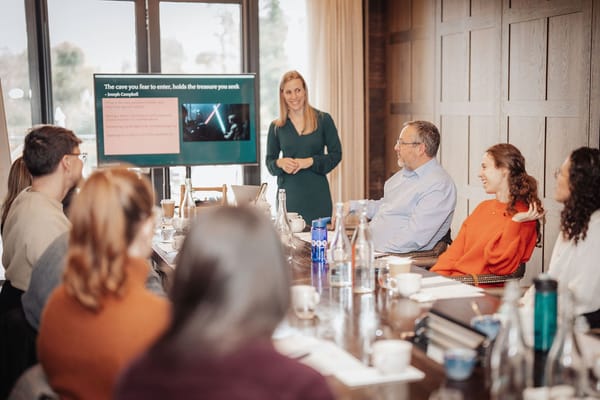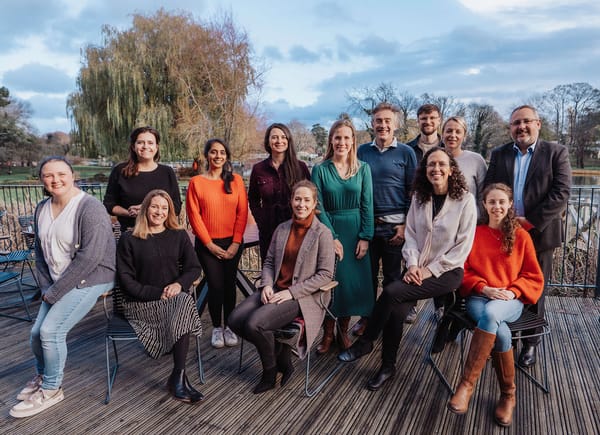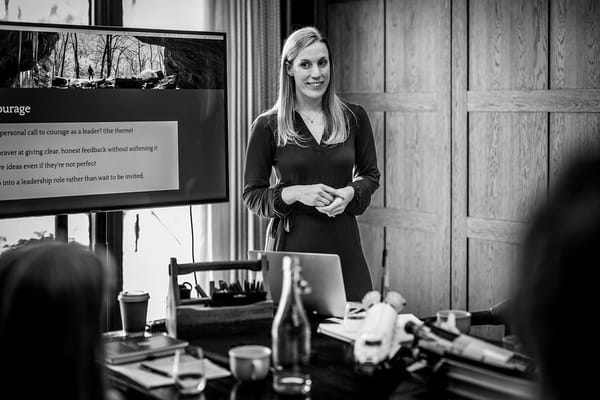Insights from the front line: doubling down on teamwork and leadership
Honest conversations about great teamwork and collaboration - from an Astronaut Instructor and a Military Veteran.
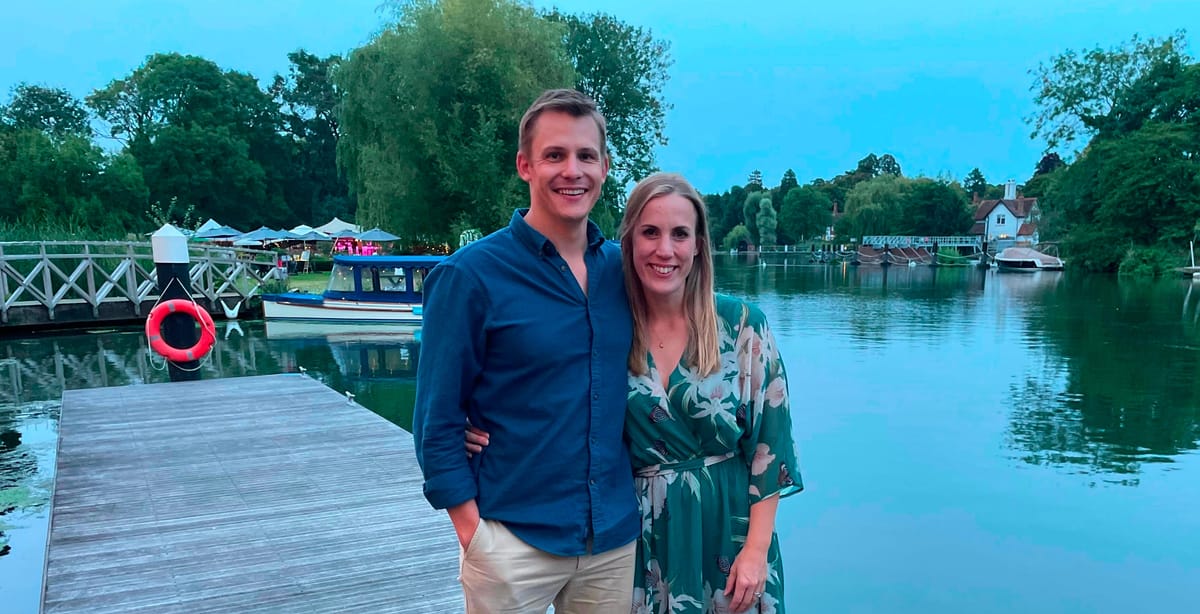
✨ This post is from the archive 🏛️. Migrated from Substack when we moved our writing to Ghost. ✨
When I started this blog a little over a year ago, I was excited to share insights from my latest course, teaching Human Factors to the European Space Agency’s (ESA) new Astronauts.
I wrote a short series of posts about the course content to put a pin in the work I’d done, and put the ideas out in the world.
Fast forward 12 months.
I’ve expanded my practice, and although I still work a lot in the space sector, I have a much more rounded client list. Although I wasn’t expecting it, coaching was a big part of last year. I took on 1:1 clients who all had different things to discuss and different goals to achieve. I also had steady demand for teamwork and leadership training from people in lots of different sectors, from government agencies to construction companies, premium landscape gardeners and schools.
What I’ve found is everyone really wants the same thing:
Better leaders, more teamwork, and real proven tools for improving performance and getting better results at work.
It makes sense.
It doesn’t matter if you’re an individual contributor looking for some one on one coaching, or a team of department heads asking for teamwork training. Soft skills get more and more important as your responsibilities increase and you have to handle bigger teams and more complex challenges. But our education system isn’t great at teaching them. Through school and university, the focus is ‘hard’ technical skills. We’re just meant to pick up soft skills on the way.
Only a small minority of companies invest in leadership training and programmes. It’s understandable, because it’s complex. The ‘soft skills’ which define someone’s ability to collaborate or lead are difficult to define, hard to measure and they often depend on ingrained behaviours which are hard to change. This often means that although everyone sees the issues caused by poor soft skills, it seems impossible to fix them.
This needn’t be the case. I come from a world where ‘soft skills’, ‘human skills’, and mental performance are known (because we select for them) and can be taught (because I’ve spent years teaching them). There are strategies, behaviours, tactics and tools used in the training I’ve developed and delivered which I hope everyone will find useful and interesting.
That’s where I’m taking this set of articles.
And I’m enlisting help.
The military might seem like a strange place to find ‘soft’ skills, but if there’s one employer in the world who takes them seriously, this is it.
If you want to become a leader in the military, you don’t get to sit an interview, you have to pass a course. A long one. Officers in the British Army spend 12 months at Sandhurst before they even qualify to go to their trade schools. West Point trains U.S. Army officers for four years. Enlisted ranks spend months training before they join their unit and every promotion comes with rigorous leadership training, especially if you’re in a combat arm. The military knows from brutal experience that in dynamic, complex environments, teamwork and leadership will carry the day.
So they teach it - rigorously.
It’s no coincidence that almost all the early astronauts came from the military, and even in 2009, 61% of NASA’s astronauts were military too. And, of course, many of the world’s key thinkers on leadership and teamwork draw on military lessons in their writing. Think: Leaders Eat Last, by Simon Sinek.
That’s where my husband comes in.
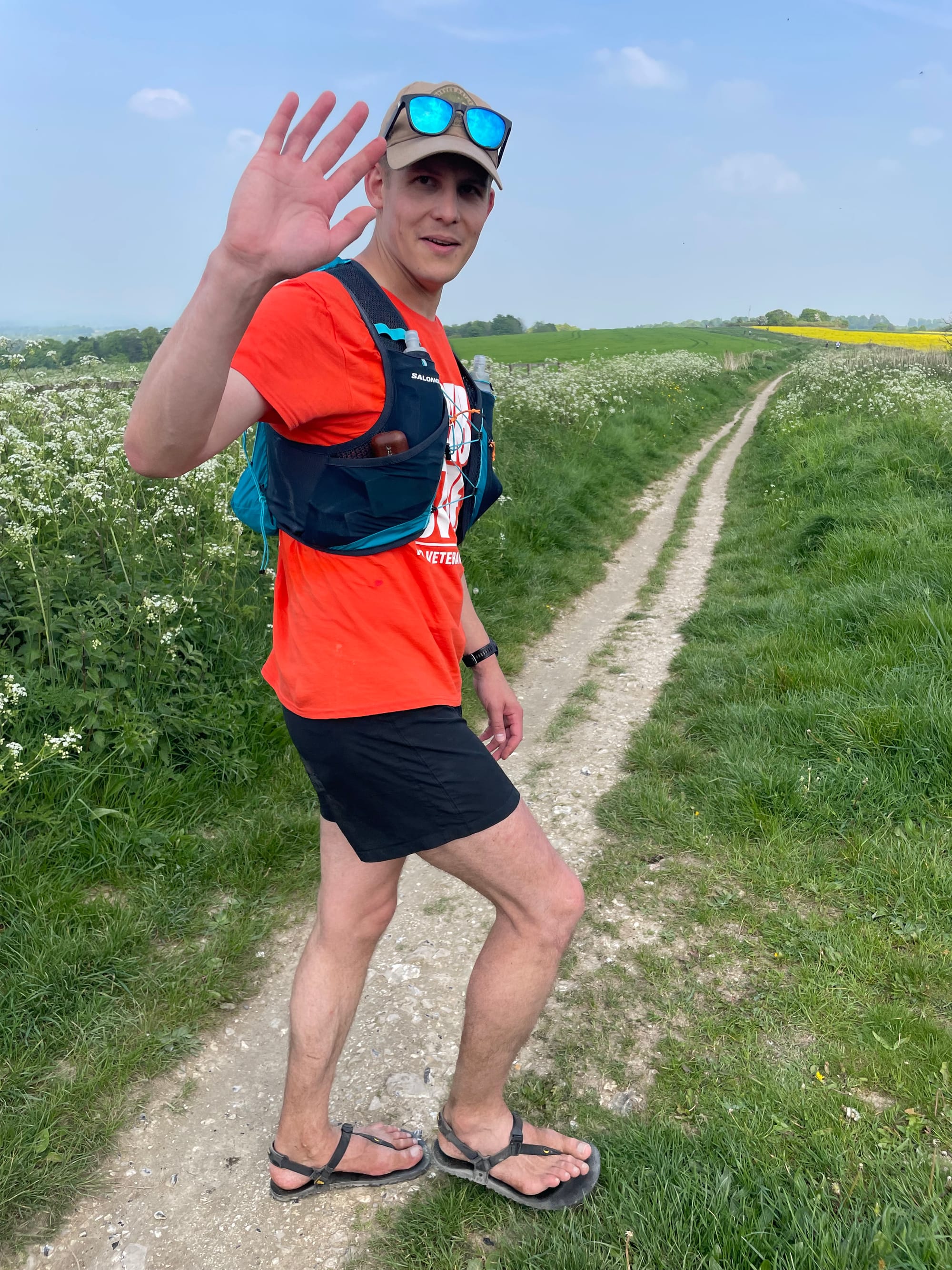
Paul was an Army Officer for years. He started leading soldiers when he was 21, and he’s been in leadership roles ever since. He went through Sandhurst, and plenty more leadership courses throughout his career. He practiced leadership on a day to day basis in the toughest conditions you’d expect an Infantry officer to face.
He’s also proof of how transferrable great soft skills are. Since leaving the military, he’s swapped soldiers for software engineers and now leads an engineering team at a corporate startup - using the same skills he learned in the military.
He’s as obsessed as I am with psychology, teamwork, mental performance and leadership, and he’s joining me as a writer here.
Over the coming months we aim to bring you:
- Tactics for making specific changes to your own habits and behaviours,
- Case studies of the impact soft skills have in the workplace,
- Insights into leadership and teamwork principles from the most extreme environments - space, Antarctica and war zones - and how to apply them,
- Lessons learnt transferring leadership skills from the military to the ‘civilian’ world
- And much more...



